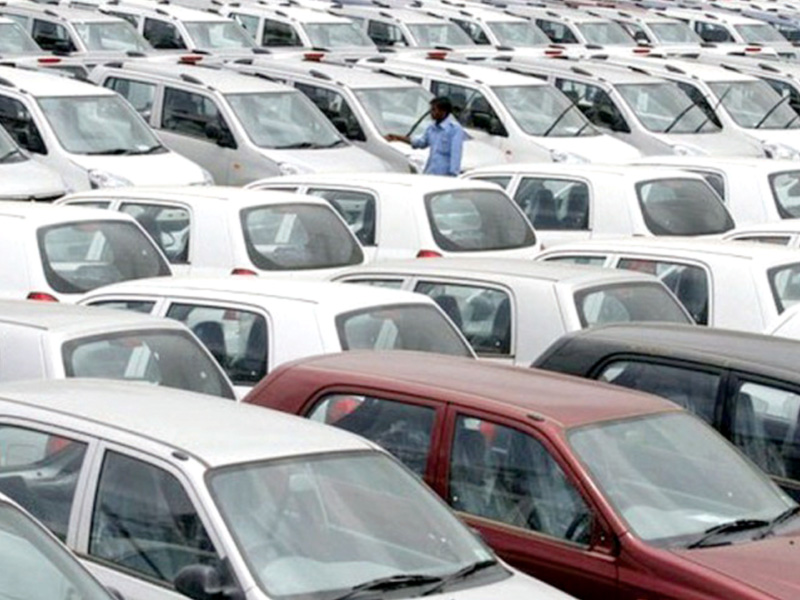
The much-desired new automobile policy is at advanced stages of completion and is likely to bring major incentives for encouraging fresh investment, promoting car financing and reducing duties on auto-part imports.
The draft is near completion and the Ministry of Industries and Production would soon hold a meeting with officials of the Federal Board of Revenue (FBR) to finalise tariff rates on the import of localised and non-localised car parts, a key policymaker at the ministry told The Express Tribune.
“We are finalising the new policy keeping in view the interest of both manufacturers and consumers,” the official remarked. “The meeting with the FBR will be held this week or next.”
The key objective of the policy is to attract higher investment in the industry with the help of incentives to the investors, reduced sales tax and introduction of car financing schemes.
“Only the investment incentives will not work; we need to come up with consumer financing schemes for the lower income group, particularly the people who use cars of 800cc engine capacity or below,” he said.
In the draft policy, priority is being given to the manufacturers of small cars with the offer of 2-3% reduction in sales tax. “This will increase the demand for small cars and lead to a rise in their production,” the official said.
The government is considering curtailing import duty by 22-40% across the board on localised and non-localised car parts for the new players in the industry in a bid to break the monopoly of existing manufacturers.
At present, the import duty on non-localised parts is 32.5% and 50% on localised parts of all kinds of vehicles including cars, trucks, buses and tractors.
Under the new policy, for the first time in five years, a 10% import duty may be imposed on both localised and non-localised parts of completely knocked-down (CKD) kits as an incentive for the new auto players to create an atmosphere of investment and competition.
At present, hundreds of thousands of motorbike riders are waiting to switch to small cars, but the huge price difference between motorcycles and small cars is a major stumbling block.
“Our policy recommendation to the government is to offer a demand-driven consumer financing scheme for the low-income consumers to not only give a boost to industrial activities, but also facilitate the lower-income class,” said the ministry official.
The government is also expected to focus on consumer welfare in the manufacturing of new vehicles by ensuring quality standards in line with the international practices as well as ensure a swift delivery system.
Published in The Express Tribune, March 4th, 2015.
Like Business on Facebook, follow @TribuneBiz on Twitter to stay informed and join in the conversation.

















COMMENTS (2)
Comments are moderated and generally will be posted if they are on-topic and not abusive.
For more information, please see our Comments FAQ